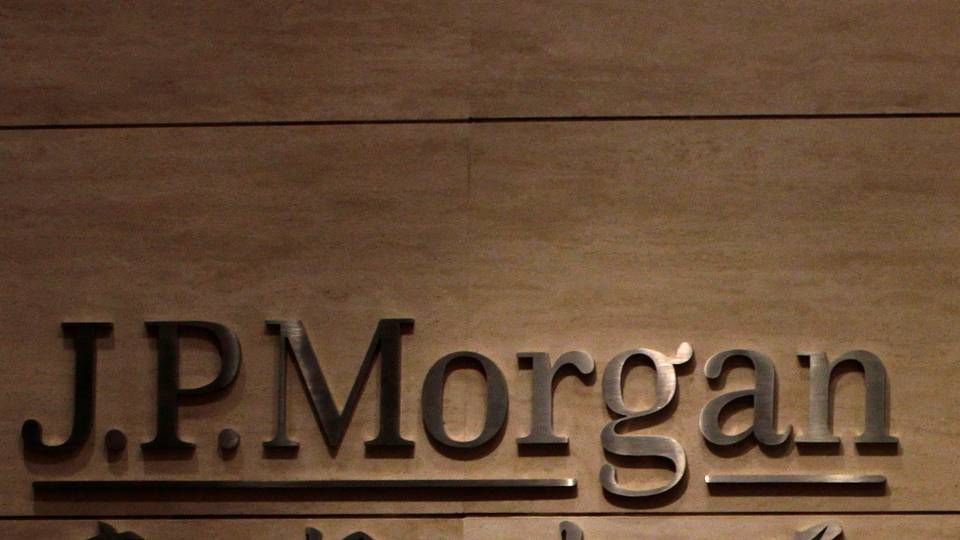Goldman, JPMorgan among banks trading new ESG credit swaps gauge

Aymeric Paillat, JPMorgan’s global head of credit index trading, confirmed his bank’s involvement.
The benchmark started trading on Monday and currently has five dealers offering prices, according to a spokesman for IHS Markit Ltd. which oversees credit-derivative benchmarks. By the end of the week, the firm hopes to have six market makers on board, he said.
Socially-conscious investing has ballooned in recent years to become a USD 30 trillion plus industry with investors buying up assets with high scores for environmental, social and governance values. IHS Markit expects the gauge to be useful for investors to gain exposure to credits that score well on those criteria and to hedge their existing holdings.
While volumes aren’t yet near the established European benchmark indexes, the ESG gauge “has attracted a lot of interest and some trades,” according to New York-based Paillat. “I’m very confident something similar will come out in the U.S. at some point.”
Still, some European investors are awaiting more visibility on volumes before trading.
“This index should make it simpler for some strategies but it won’t be our hedging tool of choice,” said Gordon Shannon a portfolio manager at TwentyFour Asset Management, which oversees about USD 22 billion. “To be confident, we’d like to see a lot of volumes and see how tradeable the index is during tougher periods of volatility.”
Pension funds, private equity firms and hedge funds are all touting their sustainability credentials and hiring ESG professionals.
Some see ESG as a way to pressure companies to cut their greenhouse gas emissions or increase the number of women in leadership positions. Others view it as a marketing opportunity at a time when asset managers are being squeezed by declining fee income.
The new benchmark was quoted
at a spread of 59 basis points on Thursday, about 10 basis points tighter than the broader investment-grade index. That indicates investors see the new benchmark as a safer risk gauge.
The index tracks the same companies as the frequently-traded European investment-grade benchmark but removes any that don’t apply “stringent ESG criteria”, according to IHS Markit. The result is that it includes fewer energy and consumer companies and more technology, media and telecoms firms.
The start of the gauge was delayed from March when markets were hit by extreme volatility caused by the coronavirus pandemic.













